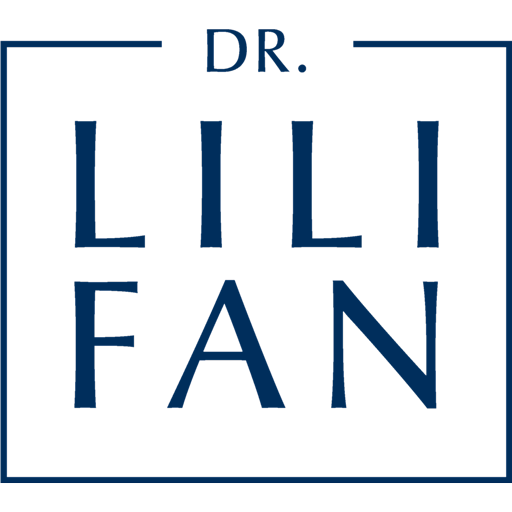Do Probiotics Help Skin Healing?
Share
- Probiotic recovery creams help rebalance the skin microbiome, promoting healing, hydration, and reduced sensitivity.
- They support skin barrier repair by boosting ceramide production and protecting against moisture loss and irritants.
- Certain probiotic strains reduce inflammation, aiding in faster recovery from acne, eczema, and other skin conditions.
- Studies show benefits for anti-aging and managing skin disorders, like rosacea and psoriasis.
- Dr. Lili Fan’s Probiotic Recovery Cream combines vegan probiotics, peptides, and vitamin C for firmer, calmer, and more resilient skin.
In recent years, the skincare industry has witnessed a surge in products infused with probiotics, aiming to harness the benefits of these beneficial bacteria for skin health. Among these innovations, probiotic recovery creams have emerged, promising enhanced skin healing and rejuvenation. But do they truly deliver on these claims? Let's delve into the science and efficacy behind probiotic recovery creams.
Understanding Probiotic Recovery Creams
Probiotic recovery creams are topical formulations enriched with live beneficial microorganisms or their derivatives. These creams aim to balance the skin's microbiome—the diverse community of microorganisms residing on our skin—to promote health and resilience. By restoring this balance, probiotic creams can potentially alleviate various skin issues, including inflammation, dryness, and sensitivity.
Mechanisms of Probiotics in Skin Healing
-
Restoring Microbial Balance: The skin's microbiome plays a crucial role in protecting against pathogens and maintaining skin barrier function. Disruptions to this balance can lead to conditions like acne, eczema, and delayed wound healing. Topical application of probiotics can help restore this balance, promoting a healthier skin environment.
-
Enhancing Skin Barrier Function: Probiotics have been shown to stimulate the production of ceramides—lipid molecules essential for maintaining skin barrier integrity. A robust skin barrier prevents moisture loss and shields against external irritants, facilitating optimal healing conditions.
-
Modulating Inflammatory Responses: Certain probiotic strains can modulate the skin's immune responses, reducing inflammation and accelerating the healing process. This is particularly beneficial for inflammatory skin conditions that hinder effective healing.
Efficacy of Probiotic Recovery Creams
Several studies and reviews have highlighted the potential benefits of topical probiotics in skin health:
-
Anti-Aging Properties: Probiotic creams have been associated with improved skin elasticity and reduced wrinkle depth, contributing to a more youthful appearance.
-
Management of Skin Disorders: Conditions such as acne, rosacea, and psoriasis have shown improvement with the use of probiotic-infused products, attributed to their ability to modulate inflammation and restore microbial balance.
Product Spotlight: Dr. Lili Fan Probiotic Recovery Cream
One notable product in this category is the Dr. Lili Fan Probiotic Recovery Cream. This cream combines vegan probiotics with patented peptides and natural vitamin C to boost collagen production, enhance skin firmness, and reduce the appearance of fine lines and wrinkles. Additionally, ingredients like shea butter and olive oil provide hydration and support skin repair mechanisms.
Conclusion
Probiotic recovery creams represent a promising frontier in skincare, offering potential benefits in enhancing skin healing, reducing inflammation, and improving overall skin health. While individual results may vary, incorporating such products into your skincare routine could provide the added support your skin needs to maintain its health and vitality.
